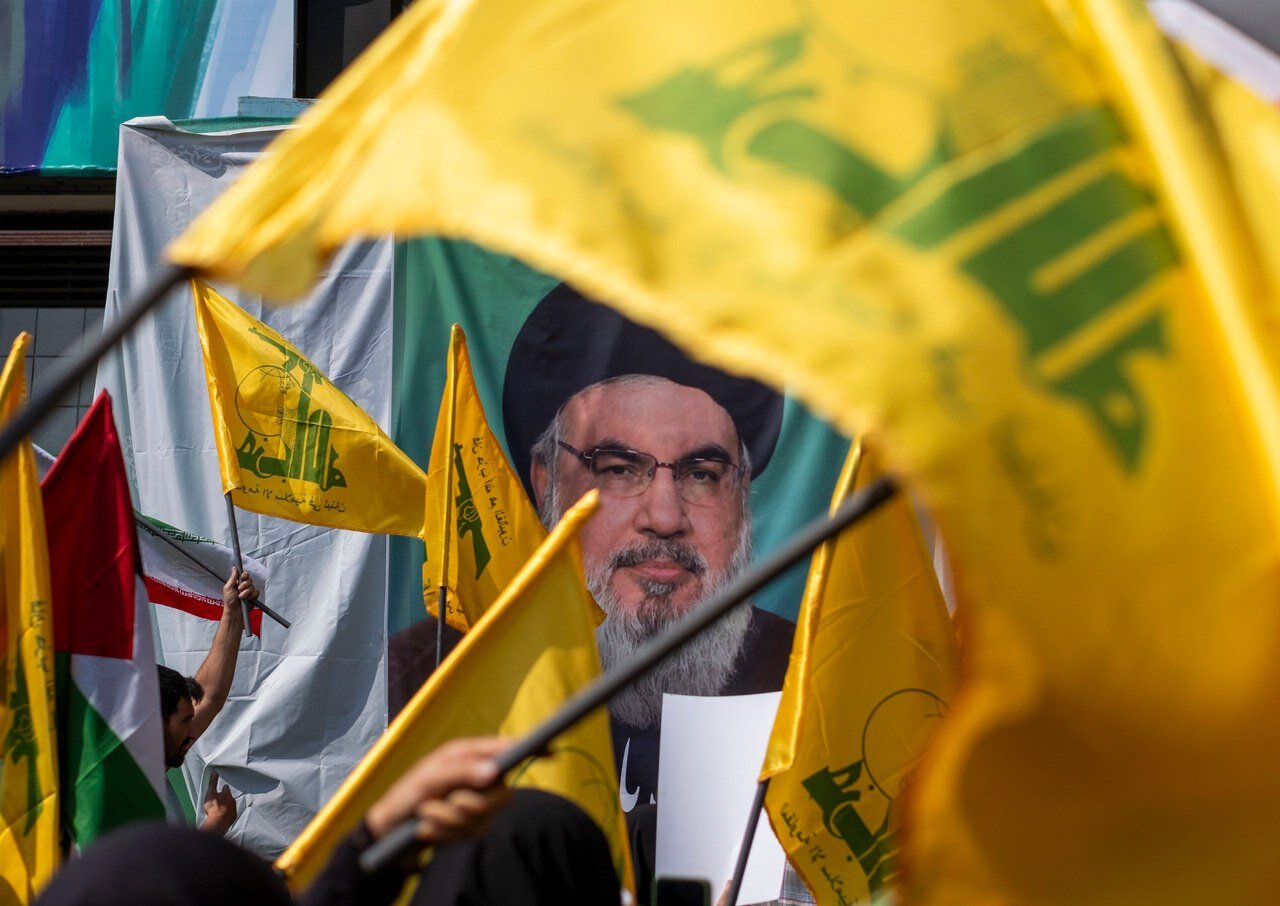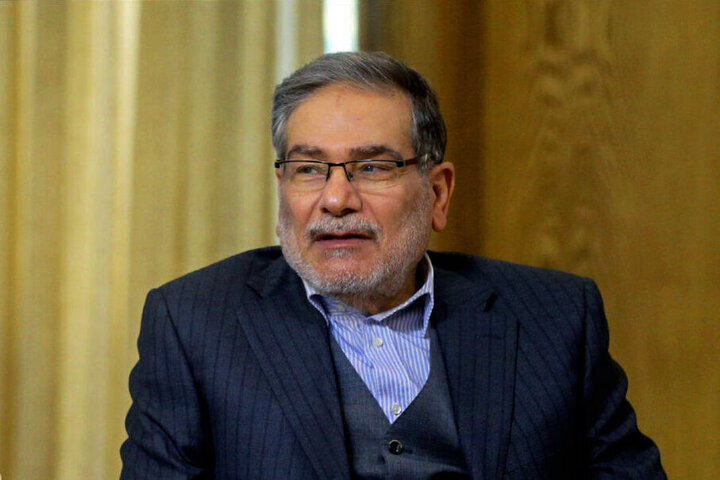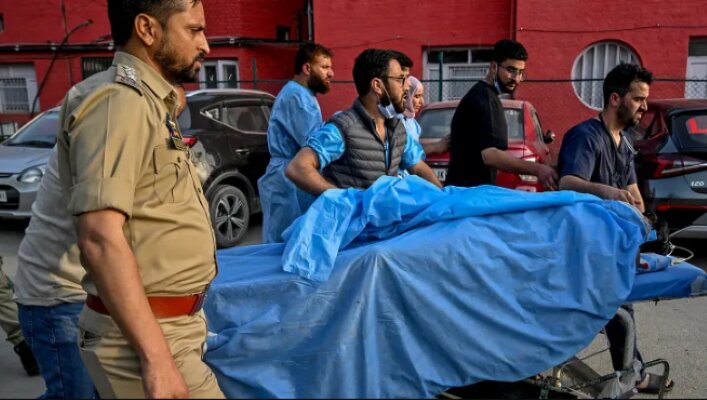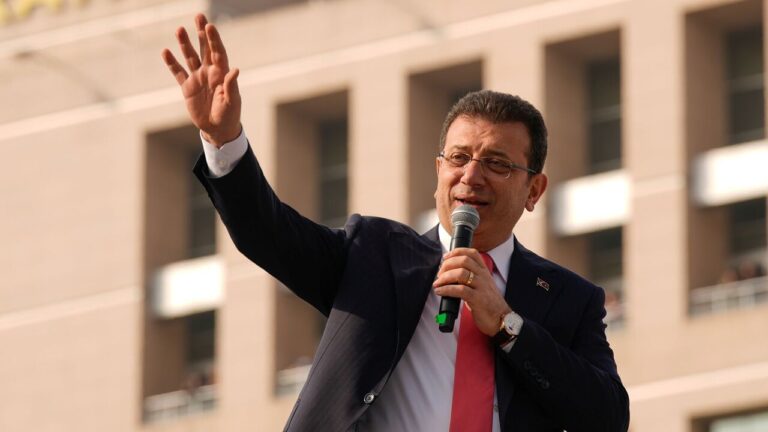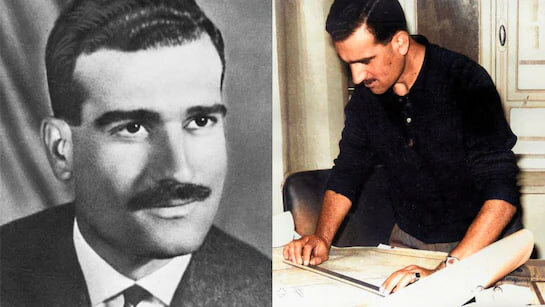Tehran Hosts Symbolic Funeral Ceremony for Nasrallah: A Tribute to Leadership and Legacy
In a poignant display of solidarity and mourning, the funeral ceremony for the late Hezbollah leader Seyyed Hassan Nasrallah and Executive Council Chief Seyyed Hashem Safieddine took place in Beirut on Sunday. This significant event was marked not only by the gathering in Lebanon but also by memorial services across various locations, emphasizing the profound impact of their lives and leadership.
The tragic loss of former Hezbollah Chief Seyyed Hassan Nasrallah occurred on September 27, 2024, when Israeli warplanes launched a devastating attack, dropping 80 tons of bunker-busting bombs on the southern suburbs of Beirut. This incident has sparked widespread mourning and condemnation, highlighting the ongoing conflict in the region.
As the funeral proceedings unfolded in Beirut, similar memorials were concurrently held across Iran, showcasing the unity and shared grief among those who respected and followed these leaders. The events served as a reminder of the powerful influence Seyyed Hassan Nasrallah had on his supporters and the broader geopolitical landscape.
Key highlights from the funeral and memorial services include:
- Massive Turnout: Thousands gathered in Beirut to pay their respects, illustrating the deep connection between the leaders and the community.
- Memorial Services Across Iran: Cities in Iran held simultaneous memorials, reflecting the widespread reverence for Nasrallah and Safieddine.
- Condemnation of Violence: Many speakers at the events condemned the violence and called for peace and solidarity in the face of adversity.
The memorial services were not only a tribute to the deceased leaders but also served as a platform for addressing ongoing issues in the region. Attendees expressed their hopes for a future where such violence would cease and peace could prevail.
In these times of mourning, it is essential to remember the contributions and leadership styles of Seyyed Hassan Nasrallah and Seyyed Hashem Safieddine. Their legacies can provide insights into the complexities of the Middle East and the continuous struggle for peace and justice in the region.
As the community reflects on their memories, many emphasized the importance of unity among the people, advocating for resilience in the face of ongoing challenges.
In conclusion, the funeral and memorial services for Seyyed Hassan Nasrallah and Seyyed Hashem Safieddine have resonated deeply within Lebanon and beyond. These gatherings foster a sense of community and shared purpose, reinforcing the bonds among supporters and highlighting the ongoing need for dialogue and resolution in the region.
For those interested in understanding the broader implications of these events, it is crucial to follow developments in Lebanon and the surrounding areas, as they continue to shape the geopolitical climate.
Stay tuned for more updates and insights on the evolving situation in Lebanon and the impact of these leaders on the future of the region.
